
The most rapid and effective route to developing crisis communication skills is through personalized on-camera role-playing. In your course we will simulate actual interviews with real TV News crews. Then, after our immediate critique, your performance should improve with each round. By the end of the day you'll learn to anticipate questions before they're even asked. You will learn:
- How to prepare for the five basic questions
- How to determine the story angle in advance
- What to say if you don’t know the answer
- What to do about ‘gotcha’ questions
- What not to repeat
- How to input ‘message points’
- One answer never to use
- When to stop talking
- How to avoid the ‘ambush interview’
- When is the interview over
- How to have ‘initial statements’ ready
- Non-verbal communications (body language)
- When to follow-up
- The most important thing to remember
No one can guarantee you exemption from media scrutiny. However, utilizing our training will minimize the damage done by headlines like these:
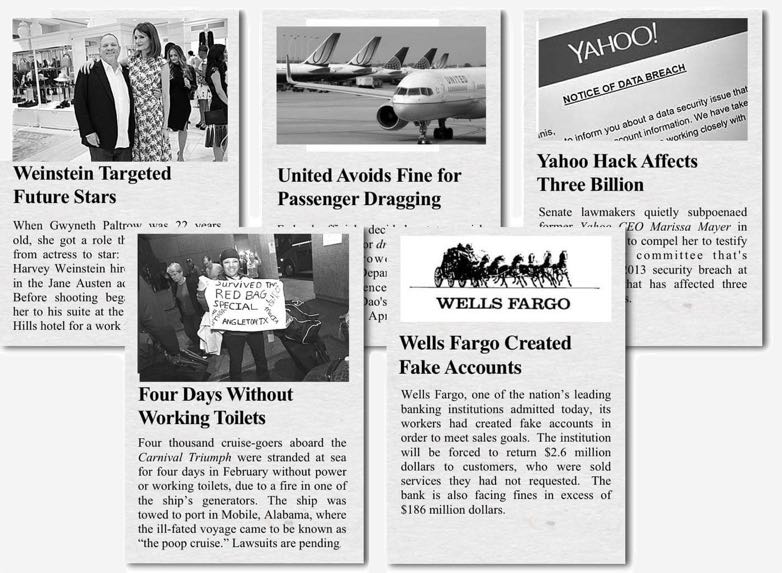

Q) -- How long does the training last?
A) -- Sessions are designed to fit into busy schedules, usually just one day. Classes are conducted on site at your location.
Q) -- How large are the classes?
A) -- We provide either one-on-one training, or for as many as six participants. Class sizes are kept small to ensure personal attention.
Q) -- Are there any take-away materials?
A) Yes. Each participant receives a custom course book, prepared to address the specific needs of your company.
Q) -- How much does the training cost?
A) -- 'Your one day media training session is $1,650 per person. Training includes take-away course material as well as on-camera role playing. Travel and accommodations are additional. What sets your training experience apart is Richard Anderson's world-class skill set as an ABC News White House and Foreign Correspondent.'
Q -- How can I learn more about your training and schedule a class?
A) -- Call today to learn more of how we will customize training to fit your specific company and schedule a class.

For twenty-five years I have brought crisis communication training to a wide variety of companies. Here is just a sampling of the various organizations who have improved their crisis response with our partnership.

The nation's leading business journal turned to Richard Anderson to explain the communications crisis that erupted after Papa John's founder, John Schnatter, used a racial slur. The company stock tumbled 10% following his statement.
Can Papa John’s Restore Its Reputation
And Bounce Back? Or Is It Damaged Forever?
Gary Stern Contributor
5151 Food & Drink
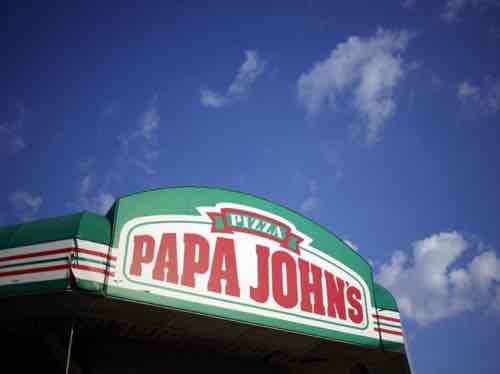
Photographer: Luke Sharrett/Bloomberg
Papa John’s used to be known as your friendly pizza parlor. But now its reputation is tarnished, its founder has been banished, and its stock price is plummeting. Can it bounce back?
When the news emerged in July 2018 that Papa John’s former CEO, board chairman and founder John Schnatter had used a racial slur during a media training session, it was the latest salvo in a series of missteps by the pizza king. He had previously tangled with the NFL, blaming it for “poor leadership” when several of its players kneeled during the playing of the national anthem.
Papa John’s board had already replaced Schnatter with new CEO Steve Ritchie in December of 2017, who now has to clean up the mess left by his predecessor.
In the last year, Papa John’s stock has dipped to $45 a share from a high of $78, a nearly 30% drop. Papa John’s is the third largest pizza chain in the U.S., after Pizza Hut and Domino’s Pizza.
After the racial incident surfaced, Papa John’s board tried to disentangle itself from the contentious founder. It removed him from any future advertising campaigns and prohibited him from using company office space. But after years of Schnatter’s serving as the face of the company’s ad campaigns, most consumers still identify him with Papa John’s.
And now, echoing what Starbucks did when it faced a racial incident at a Philadelphia store, Papa John’s is introducing diversity training to all of its 120,000 employees. But will that be enough to salvage Papa John’s tarnished reputation with customers?
While Gary Stibel, the founder of the Westport, Connecticut-based New England Consulting Group, acknowledged that the scandals have hurt sales, he also notes that many consumers have short memories. He thinks the initial comments that Schnatter made might have faded were it not “for the ongoing tug of war between Schattner and Papa John’s board and management.”
But Richard Anderson, a former ABC news foreign correspondent who now runs Little Rock, Aransas-based Anderson Media Training, emphasized that founder “has to go. I’d buy him out. He’s Kryptonite.”
And the underlying problem for Papa John’s was “tying their brand to one individual. Look at what happened to Weinstein’s film company,” said Anderson.
Though Stibel deems the diversity training that Papa John’s is transmitting to its staff “necessary and desirable,” he describes its impact on the board’s reputation as “modest at best” in relations to the continued controversy between Schnatter and his namesake Papa John’s.
But former newscaster Anderson dismisses diversity training as more of a public relations effort than implementing any real change of a company’s culture.” t’s a waste of time. It’s locking the barn door after the horse is gone,” he said. In fact, Stibel thinks the board is exacerbating a difficult situation rather than defusing it. His advice: “Stop the insanity and refocus attention on Papa John’s superior product and experience. They have to stop aggravating the wound before it becomes infected and potentially lethal.”
Were Stibel hired as a Papa John’s crisis consultant, he’d advise it to “shift attention to some new news which builds on the brand’s equity, such as, better tasting pizza from higher quality ingredients.”
He recommends the following:
1. Declare an immediate apology with corrective action
2. Launch a superior new product at an outrageously good price–without a spokesperson.

Gary Stern
I cover the restaurant industry.
I cover restaurants of all different types and from a variety of vantage points. I’ve interviewed the CEOs of Panera Bread, Chipotle and Cheesecake Factory, focusing on ascertaining why those chains have flourished during tough times for restaurants. I’m always looking for a fresh angle: What can restaurants learn from TripAdvisor and Yelp reviews. Why is everything speeded up at most restaurants? How is home delivery changing the landscape of restaurants? I’m interested in covering restaurants from every angle: changing food, the effect of e-commerce, customer service, hiring and retaining.
© 2018 Forbes Media LLC. All Rights Reserved.

Richard Anderson provided crisis communication training to spokespersons at ExxonMobil from corporate Vice Presidents to Refinery Managers. He also prepared spokespersons for controversial stockholder meetings.

Brought in to train and coach executive spokespersons for Texaco, Richard Anderson provided a valuable network news perspective and understanding to crisis communication instruction.
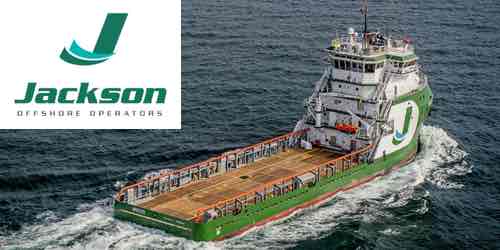
Following the disastrous BP Deepwater Horizon spill which resulted in DOJ fines exceeding $4.52 billion, Jackson Offshore Operators turned to Richard Anderson for crisis communication training. Jackson Offshore Operators provide support to drilling and production rigs in the Gulf of Mexico.

After a string of consumer deaths caused by product tampering, The Coca-Cola Company brought Richard Anderson to Atlanta for crisis communication training in the event it became a target.
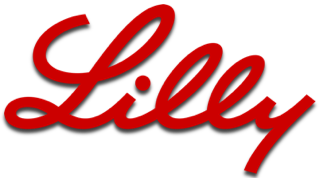
A rising controversy over pharmaceutical costs and prescription abuses prompted Lilly, a $25 billion a year firm, to engage Richard Anderson to prepare company spokespersons to handle the potential impact.
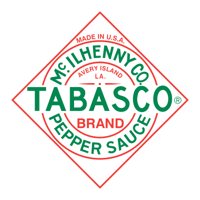
When Tabasco brands decided to enter NASCAR Racing, Richard Anderson was hired to coach drivers for on-camera interviews and teach them how to always ensure and maintain positive media relations in a sometimes testosterone-charged environment.
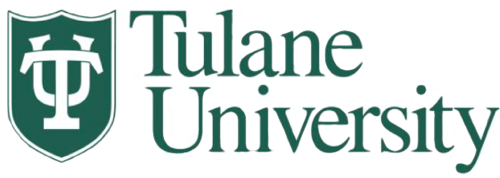
Adjunct Professor Richard Anderson taught graduate level courses in Crisis Communications at Tulane University in New Orleans for seven years. There he served as a nationally recognized expert in Crisis Communications.
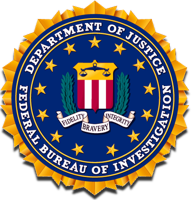
The Federal Bureau of Investigation contracted Richard Anderson to teach Advanced Agent classes on crisis communications at the F.B.I. Academy in Quantico, Virginia. His advanced training helped prepare participants for promotion to Special Agent in Charge of Regional Bureaus.

As a Foreign Correspondent for ABC News, I had the chance to report on history being made. Here's a look inside my travels in twenty-seven countries and my view of world affairs.
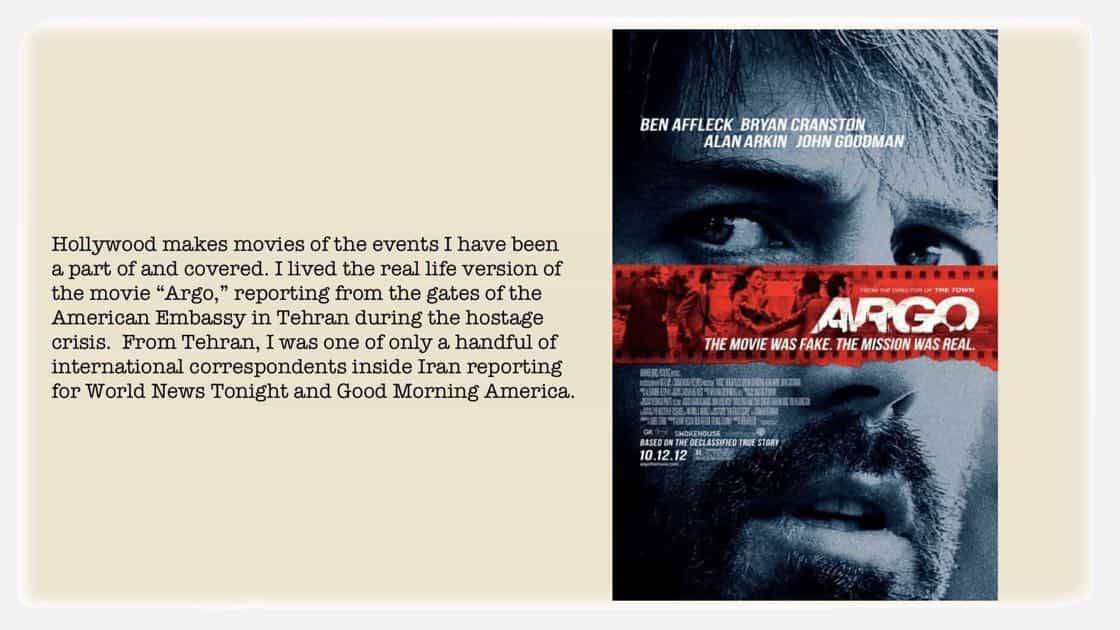
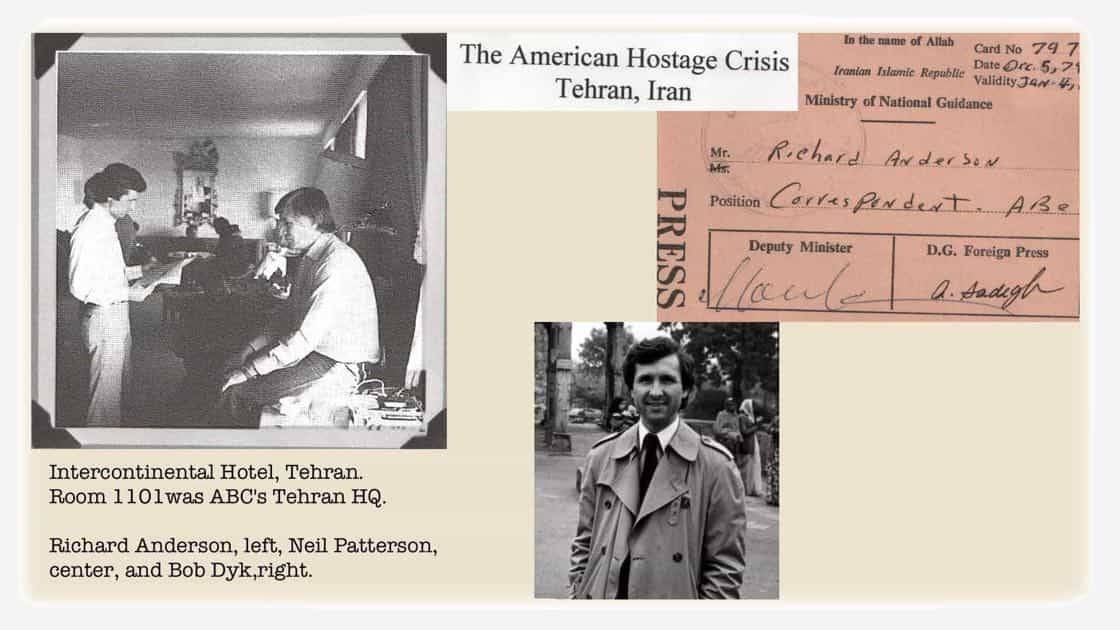
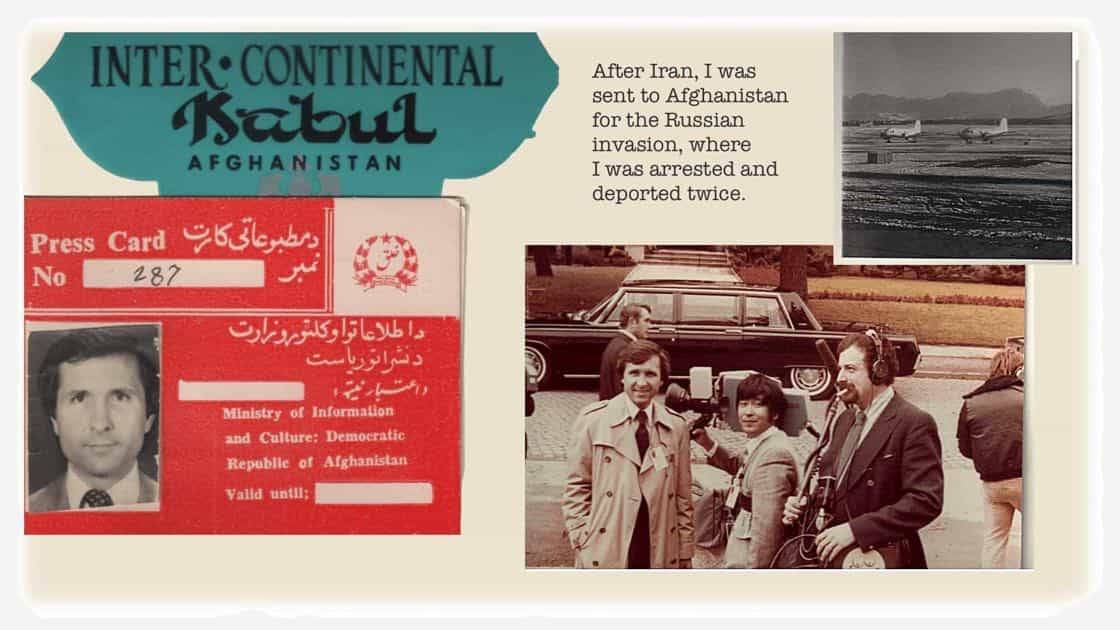
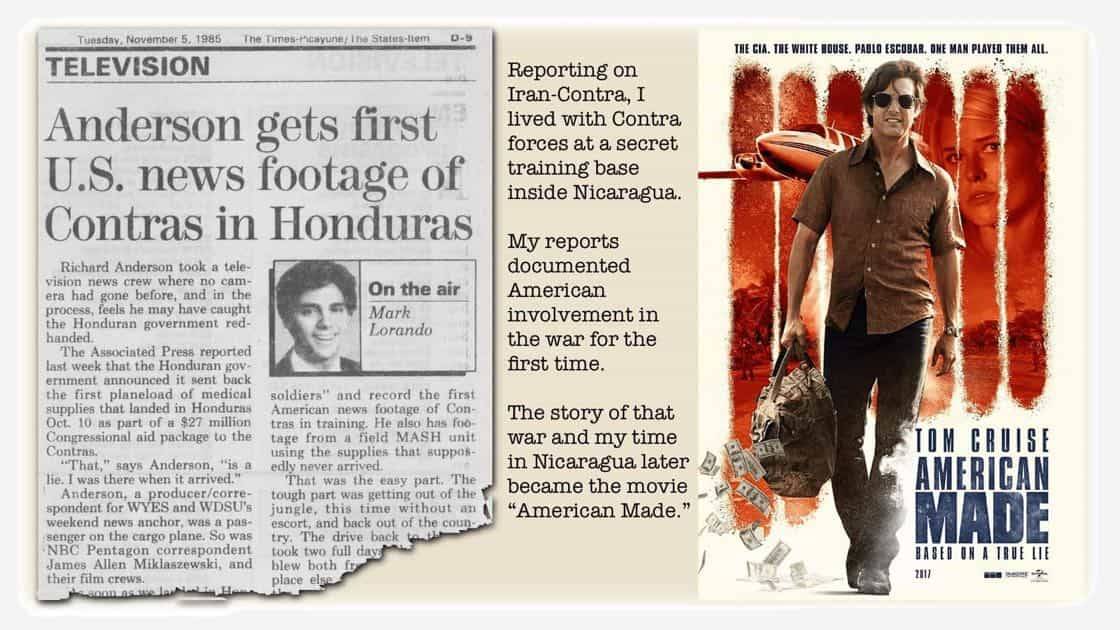
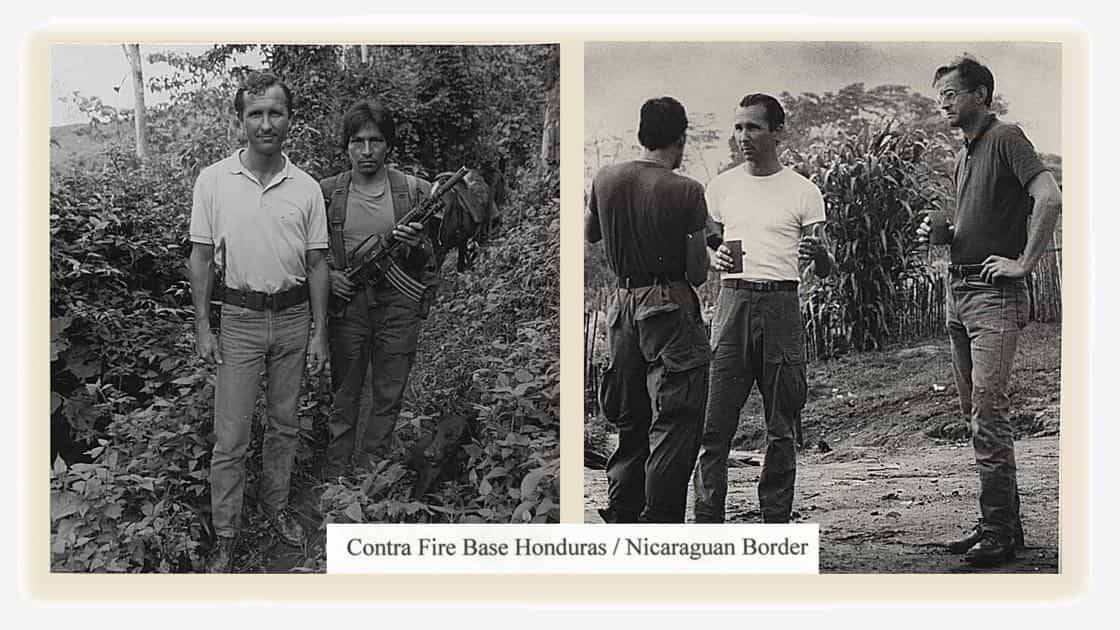
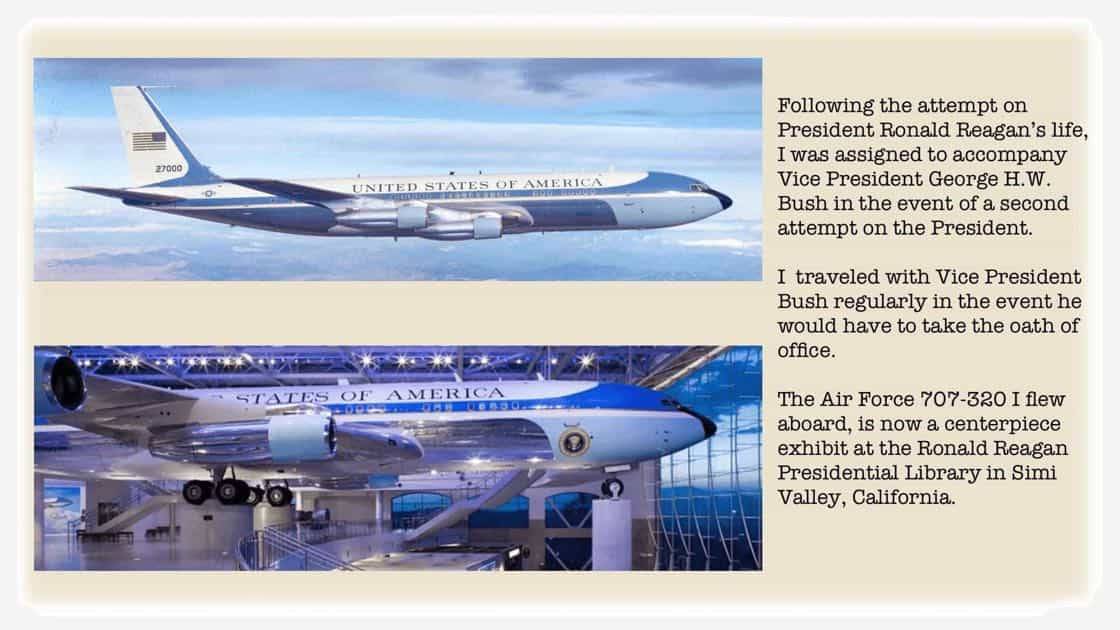
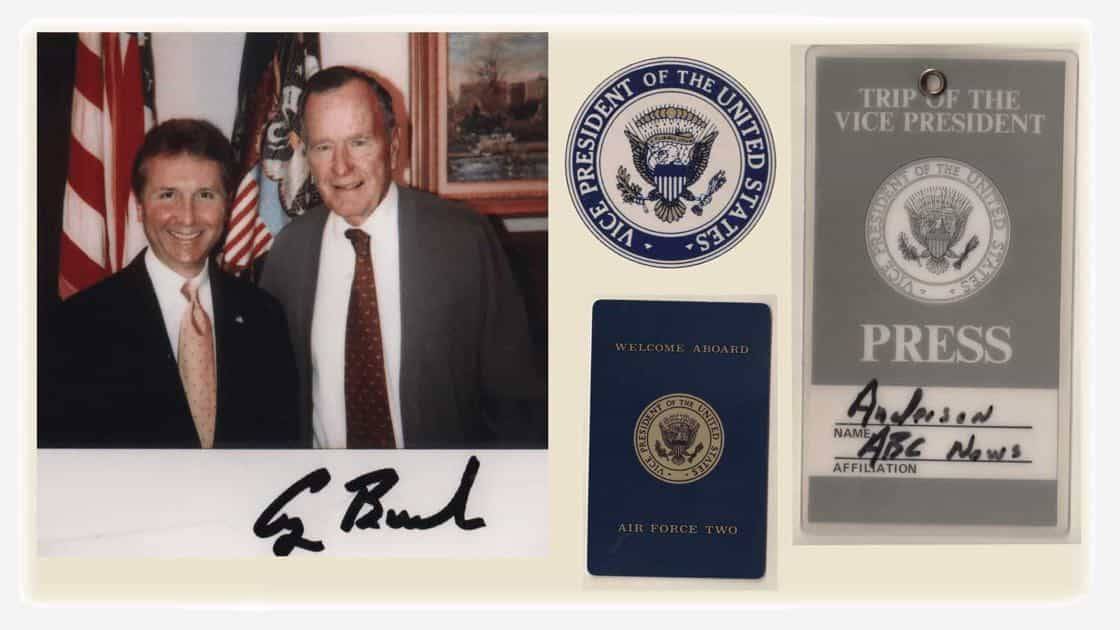
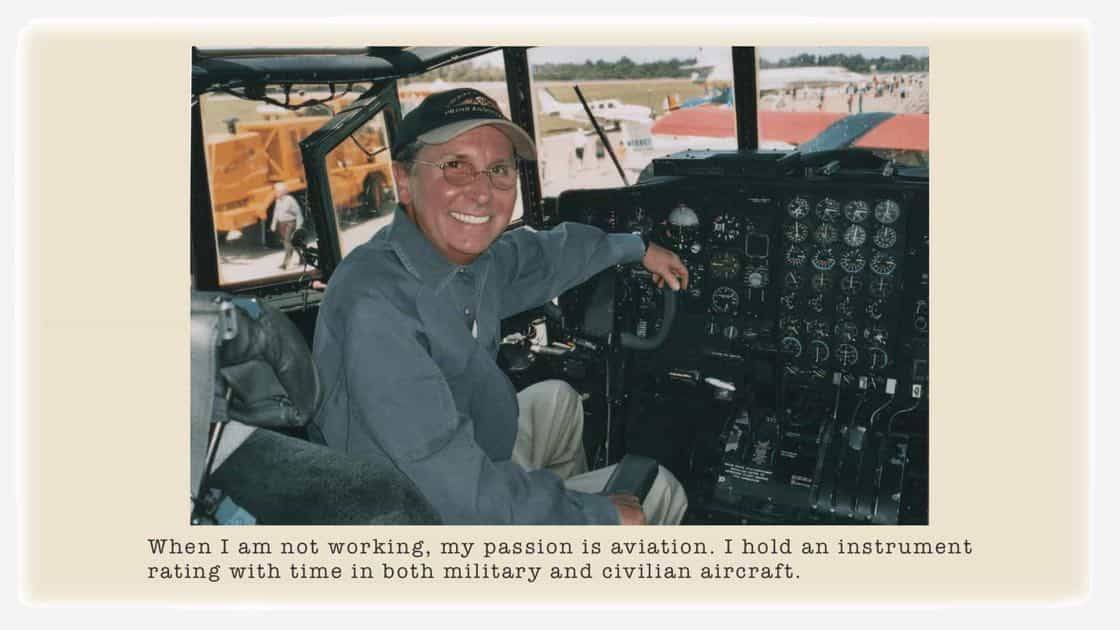
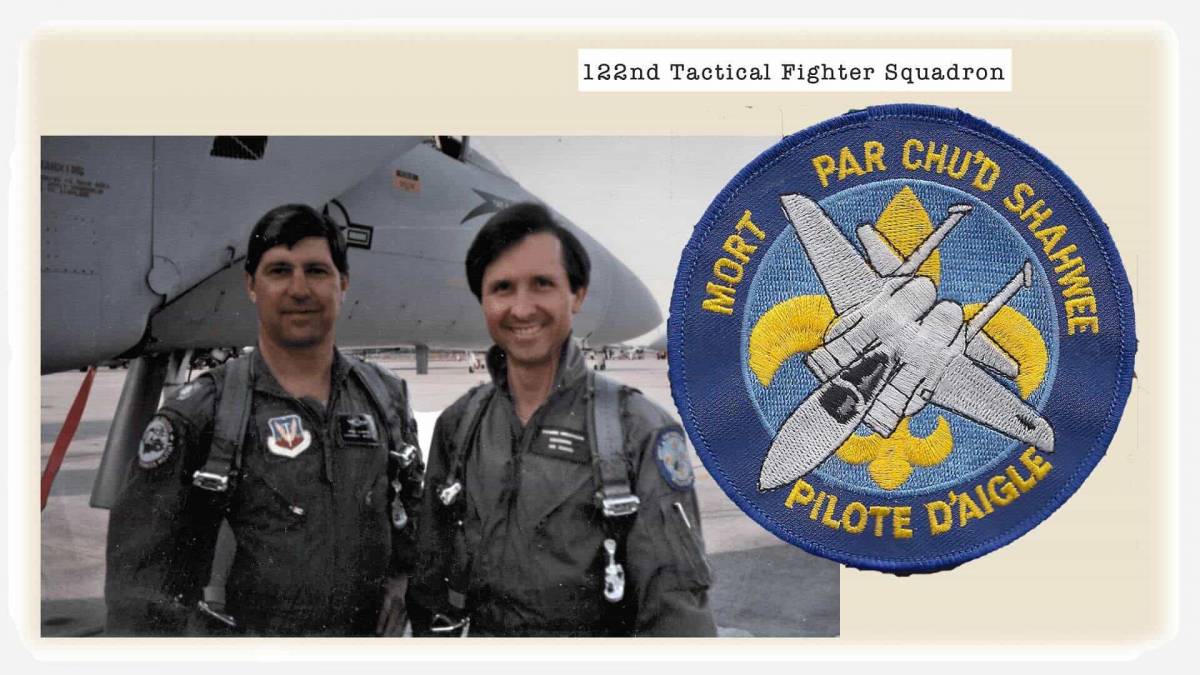
The decision to engage an expert in crisis communication training is an important one. Critical to your training is learning from the most experienced coach available. Many companies offer crisis communication training, but there is only one Richard Anderson.
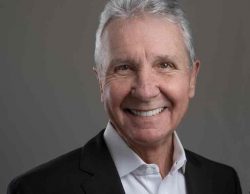
Contact Richard today
